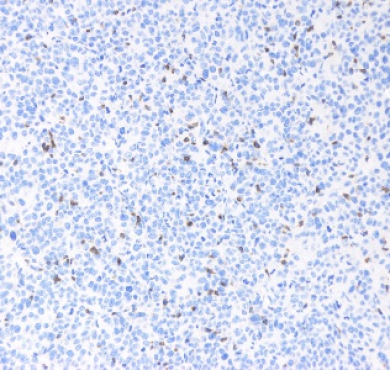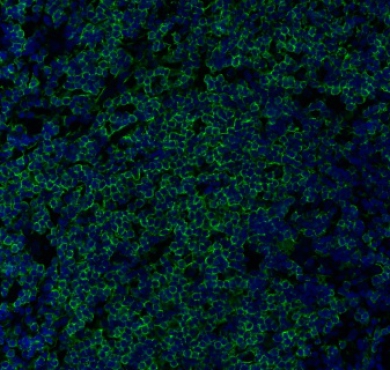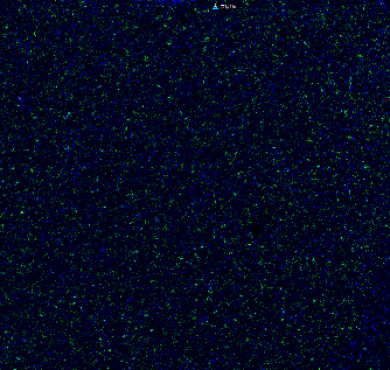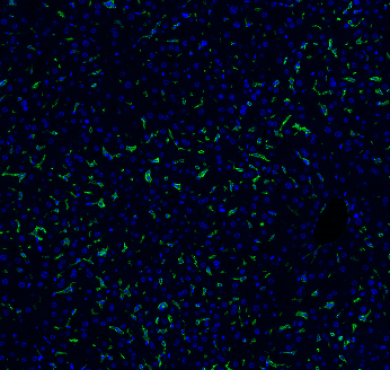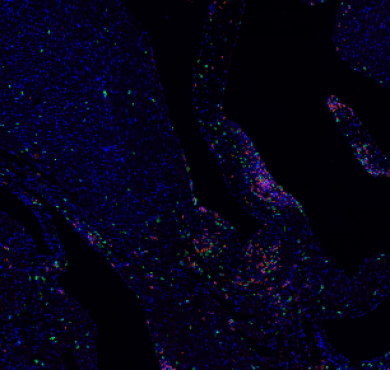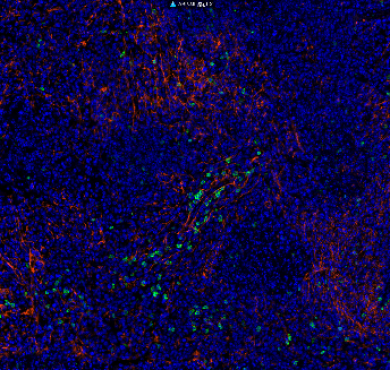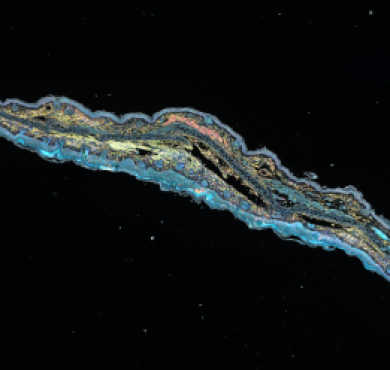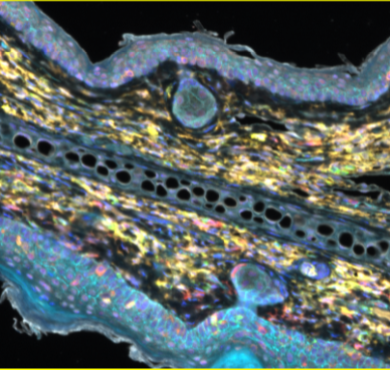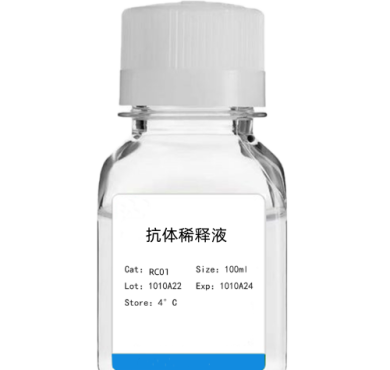Anti-TNF alpha antibody[STJ97493]
Product nameAnti-TNF alpha antibodyShort DescriptionMouse monoclonal against TNF alphaDescriptionMouse monoclonal to TNF alph
| Product name | Anti-TNF alpha antibody[STJ97493] |
|---|---|
| Short Description | Mouse monoclonal against TNF alpha |
| Description | Mouse monoclonal to TNF alpha. |
| Applications | IHC-p, WB |
| Dilution range | WB 1:1000 - 1:3000 IHC 1:50 - 1:200 |
| Specificity | The antibody detects endogenous TNF α protein |
| Protein Name | Tumor Necrosis Factor Cachectin Tnf-Alpha Tumor Necrosis Factor Ligand Superfamily Member 2 Tnf-A [Cleaved Into - Tumor Necrosis Factor - Membrane Form N-Terminal Fragment Ntf - Intracellular Domain 1 Icd1 - Intracellular Domain 2 Icd2 - C-Domain 1 - C-Domain 2 - Tumor Necrosis Factor - Soluble Form] |
| Immunogen | Synthetic Peptide |
| Storage Instruction | Store at -20°C, and avoid repeat freeze-thaw cycles. |
| Note | For Research Use Only (RUO). |
| Validated Application |
| Host | Mouse |
|---|---|
| Clonality | Monoclonal |
| Clone ID | Q34 |
| Reactivity | Mouse, Rat, Human |
| Conjugation | Unconjugated |
| Concentration | 1 mg/ml |
| Purification | The antibody was affinity-purified from mouse ascites by affinity-chromatography using epitope-specific immunogen. |
| Isotype | IgG1 |
| Formulation | Liquid in PBS containing 50% glycerol, 0.5% BSA and 0.02% sodium azide. |
| Gene ID | 7124 |
|---|---|
| Gene Symbol | TNF |
| Database Links | HGNC:11892 OMIM:191160 |
| Alternative Names | Anti-Tumor Necrosis Factor antibody Anti-Cachectin antibody Anti-Tnf-Alpha antibody Anti-Tumor Necrosis Factor Ligand Superfamily Member 2 antibody Anti-Tnf-A [Cleaved Into - Tumor Necrosis Factor - Membrane Form antibody Anti-N-Terminal Fragment antibody Anti-Ntf - Intracellular Domain 1 antibody Anti-Icd1 - Intracellular Domain 2 antibody Anti-Icd2 - C-Domain 1 - C-Domain 2 - Tumor Necrosis Factor - Soluble Form] antibody Anti-TNF TNFA TNFSF2 antibody |
| Function | Cytokine that binds to TNFRSF1A/TNFR1 and TNFRSF1B/TNFBR. It is mainly secreted by macrophages and can induce cell death of certain tumor cell lines. It is potent pyrogen causing fever by direct action or by stimulation of interleukin-1 secretion and is implicated in the induction of cachexia, Under certain conditions it can stimulate cell proliferation and induce cell differentiation. Impairs regulatory T-cells (Treg) function in individuals with rheumatoid arthritis via FOXP3 dephosphorylation. Upregulates the expression of protein phosphatase 1 (PP1), which dephosphorylates the key 'Ser-418' residue of FOXP3, thereby inactivating FOXP3 and rendering Treg cells functionally defective. Key mediator of cell death in the anticancer action of BCG-stimulated neutrophils in combination with DIABLO/SMAC mimetic in the RT4v6 bladder cancer cell line. Induces insulin resistance in adipocytes via inhibition of insulin-induced IRS1 tyrosine phosphorylation and insulin-induced glucose uptake. Induces GKAP42 protein degradation in adipocytes which is partially responsible for TNF-induced insulin resistance. The TNF intracellular domain (ICD) form induces IL12 production in dendritic cells. |
| Post-translational Modifications | The soluble form derives from the membrane form by proteolytic processing. The membrane-bound form is further proteolytically processed by SPPL2A or SPPL2B through regulated intramembrane proteolysis producing TNF intracellular domains (ICD1 and ICD2) released in the cytosol and TNF C-domain 1 and C-domain 2 secreted into the extracellular space.; The membrane form, but not the soluble form, is phosphorylated on serine residues. Dephosphorylation of the membrane form occurs by binding to soluble TNFRSF1A/TNFR1.; O-glycosylated; glycans contain galactose, N-acetylgalactosamine and N-acetylneuraminic acid. |
| Cellular Localization | Cell Membrane Single-Pass Type Ii Membrane Protein Tumor Necrosis Factor Membrane Form: Membrane Soluble Form: Secreted C-Domain 1: Secreted C-Domain 2: Secreted |
| Swiss-Prot Key | TNFA_HUMAN |
 Anti-TNF alpha antibody[STJ97493](图2)](/uploads/ueditor/20200917/1-20091G50S55L.png)
